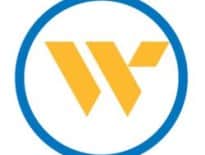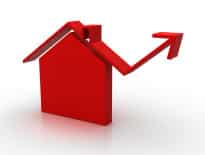The Baker administration and municipal officials across Massachusetts expect to hear from the federal government within 30 days about their newly submitted request for approval of 138 zones where new federal tax incentives could be used to spark investment in rural and low-income communities.
Under the new federal tax law signed by President Donald Trump, taxpayers who reinvest unrealized capital gains into Opportunity Funds become eligible for new tax incentives. The goal is to attract private investment in so-called Opportunity Zones, which are based on low-income community census tracts.
Massachusetts has 1,478 census tracts and the U.S. Treasury Department determined that 581 were eligible for opportunity zone designation. Gov. Charlie Baker recommended the maximum number of potential opportunity zones for Massachusetts, citing the potential for commercial and housing construction.
The communities now awaiting word on approvals are: Adams, Agawam, Amherst, Athol, Barnstable, Beverly, Boston, Bourne, Bridgewater, Brockton, Cambridge, Charlemont, Chelsea, Chicopee, Clinton, Colrain, Dennis, Easthampton, Erving, Everett, Fairhaven, Fall River, Falmouth, Fitchburg, Framingham, Gardner, Gloucester, Greenfield, Haverhill, Hawley, Heath, Holyoke, Lawrence, Leominster, Lowell, Ludlow, Lynn, Malden, Marlborough, Mashpee, Medford, Methuen, Monroe, Montague, New Bedford, North Adams, North Attleborough, Northampton, Orange, Palmer, Peabody, Pittsfield, Provincetown, Quincy, Randolph, Revere, Rockland, Rowe, Salem, Sandwich, Saugus, Somerset, Somerville, South Hadley, Southbridge, Spencer, Springfield, Taunton, Ware, Wareham, Warwick, Webster, Wendell, West Springfield, Westfield, Weymouth, Winthrop, Worcester and Yarmouth.




 |
| 

